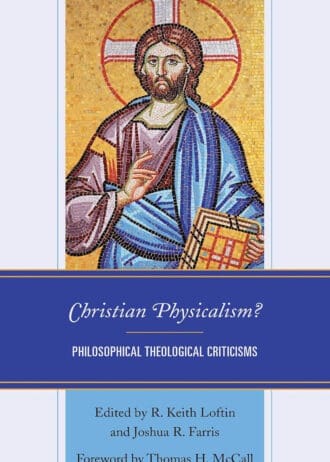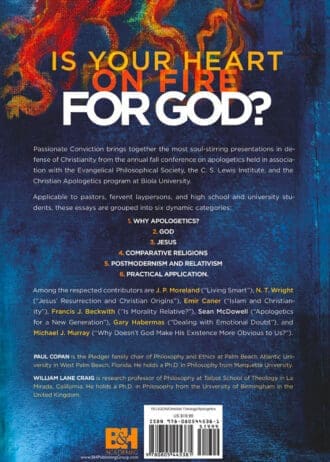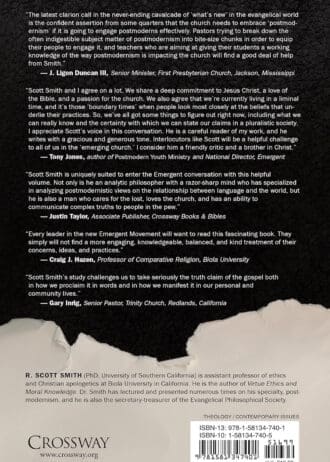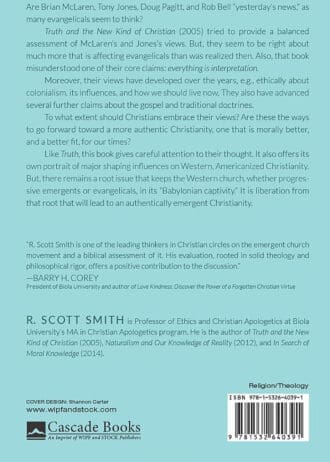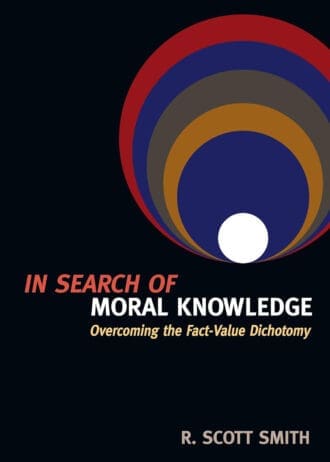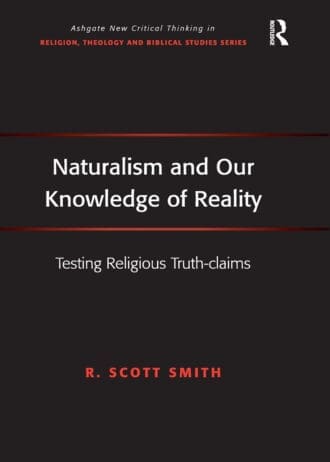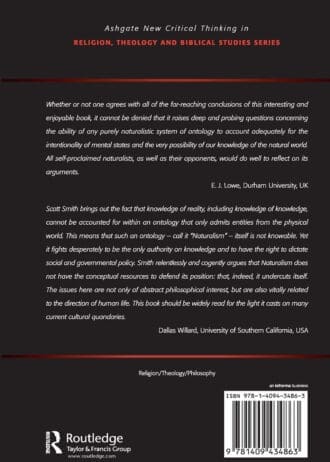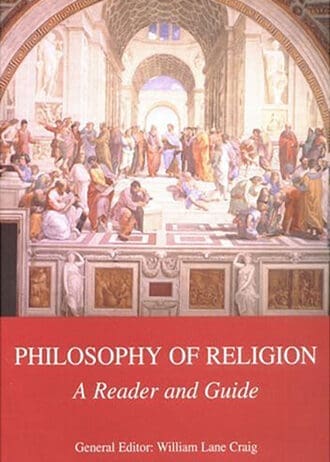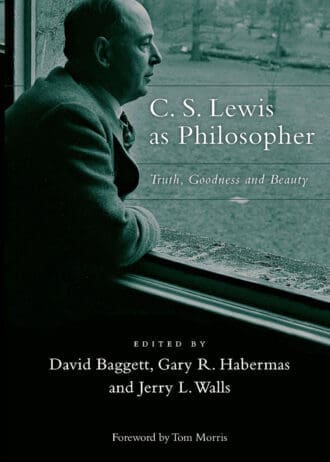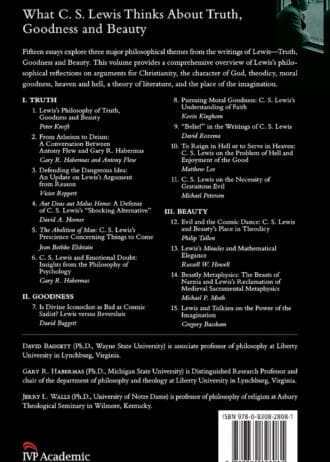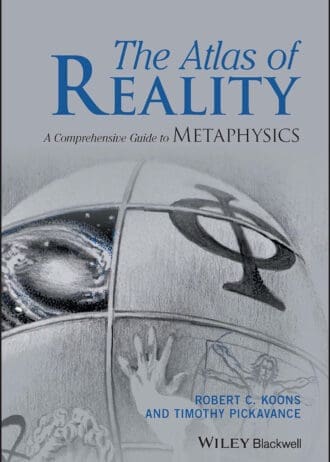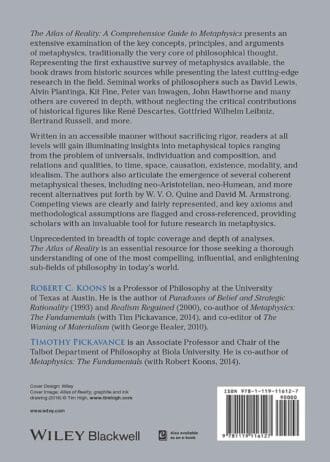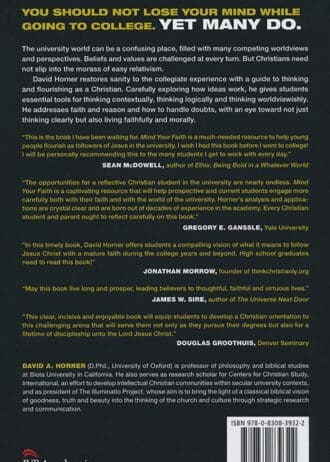Constructivism dominates over other theories of knowledge in much of western academia, especially the humanities and social sciences. In Exposing the Roots of Constructivism: Nominalism and the Ontology of Knowledge, R. Scott Smith argues that constructivism is linked to the embrace of nominalism, the theory that everything is particular and located in space and time. Indeed, nominalism is sufficient for a view to be constructivist.
However, the natural sciences still enjoy great prestige from the “fact-value split.” They are often perceived as giving us knowledge of the facts of reality, and not merely our constructs. In contrast, ethics and religion, which also have been greatly influenced by nominalism, usually are perceived as giving us just our constructs and opinions.
Yet, even the natural sciences have embraced nominalism, and Smith shows that this will undermine knowledge in those disciplines as well. Indeed, the author demonstrates that, at best, nominalism leaves us with only interpretations, but at worst, it undermines all knowledge whatsoever. However, there are many clear examples of knowledge we do have in the many different disciplines, and therefore those must be due to a different ontology of properties. Thus, nominalism should be rejected. In its place, the author defends a kind of Platonic realism about properties.
Editorial Reviews
Professor Smith’s new book is a brilliant, systematic critique of nominalism (and related views), addressing profound concerns when it comes to our knowledge of the world, values, education, the philosophy of religion, and the practice of science. It is a tour de force in metaphysics and epistemology with implications for all forms of inquiry.
Charles Taliaferro, St. Olaf College
This is the best systematic analysis and refutation of constructivist thought available. In this insightful, wide-ranging, and rigorously argued book, R. Scott Smith makes a powerful case that nominalism is the terminator gene of Western thought and civilization. Despite its seductive appeal, nominalism ultimately denudes the world of its qualities, deprives us of knowledge in every field, and leaves only bare particulars and a Nietzschean will to power in its wake. This important book helpfully connects cutting-edge developments in ontology with issues that affect everyone: the practice of science, morality, religion, education, law, and politics. Highly recommended.
Angus J. L. Menuge, Concordia University Wisconsin


